Description
WOODWARD 9907-147 – 2301A Load Sharing & Speed Control for Engines and Generator Sets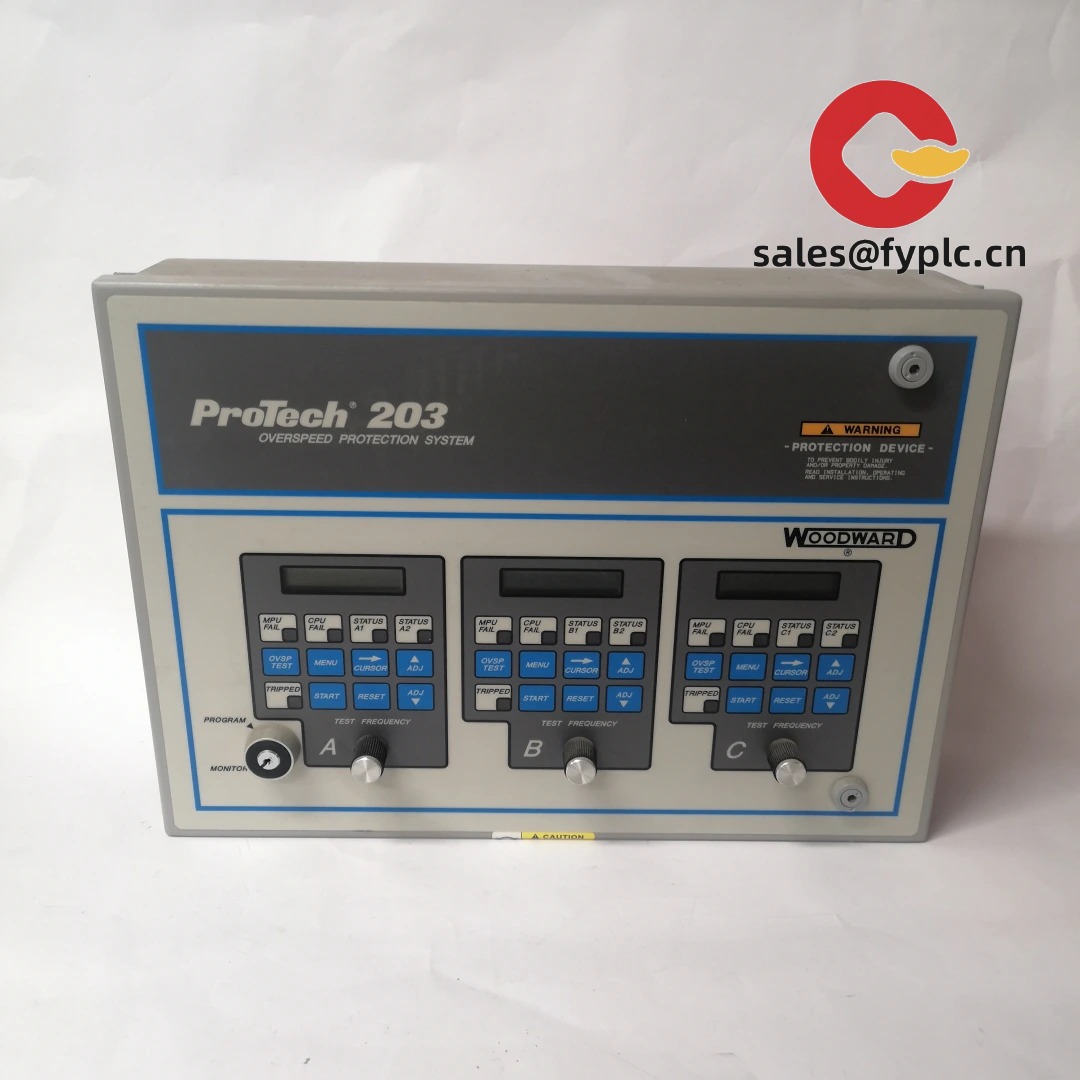
The WOODWARD 9907-147 is part of the proven 2301A family—an analog speed and load sharing controller used on diesel and gas engines to stabilize speed, manage droop/isochronous operation, and share load when generators run in parallel. From my experience, it’s the go-to choice when you want rock-solid governing without the complexity of a full digital system. You might notice that commissioning is straightforward: MPU pickup for speed sensing, a 4–20 mA or voltage speed reference, and a robust 0–200 mA actuator drive to your Woodward or third‑party electric actuator.
Typical applications include power generation (prime and standby), marine propulsion and auxiliaries, oil & gas pumps and compressors, and industrial engines where dependable, repeatable speed control is a must. Many maintenance teams favor the 2301A series because adjustments are tactile and predictable—gain, stability, and droop knobs let you tune response in minutes.
Order Placement Process and Our Guarantees
- Warranty: 365 days.
- Lead time: In-stock usually ships within 1 week; no more than one month at the latest.
- Payment: 50% advance payment; full payment prior to delivery.
- Shipping: Express via FedEx, UPS, or DHL.
One thing I appreciate is how predictable the logistics are for this model—packaging is compact, and documentation is clear, so it moves quickly through most customs processes.
Key Features
- Stable Speed Governing: Isochronous or droop modes for steady frequency control on gensets and prime movers.
- Load Sharing Capability: Analog load share line lets multiple units carry proportional load during parallel operation.
- Wide Actuator Drive: Typically 0–200 mA actuator output for Woodward electric actuators and many compatible types.
- Flexible Speed Reference: Accepts MPU speed pickup and a remote 4–20 mA or voltage speed setting signal.
- Rugged Industrial Design: Built for tough environments; reliable over a wide ambient temperature range.
- Fast Commissioning: Intuitive front‑panel adjustments (gain/stability/droop) reduce on‑site tuning time.
- No Fieldbus Required: Pure analog and discrete I/O—ideal where simplicity and serviceability are priorities.
Technical Specifications
| Brand / Model | WOODWARD 9907-147 (2301A Load Sharing & Speed Control) |
| HS Code | 9032.89 – Automatic regulating or controlling instruments and apparatus |
| Power Requirements | Nominal 24 VDC (typically 18–32 VDC), low ripple recommended |
| Operating Temperature | Typically −40 to +85 °C (non‑condensing) |
| Signal Inputs | MPU pickup (engine speed), remote speed reference (e.g., 4–20 mA or voltage), raise/lower discrete inputs |
| Outputs | Actuator drive typically 0–200 mA; load share line for parallel operation |
| Communication Interfaces | Analog/discrete only; no serial or fieldbus |
| Installation Method | Panel/chassis mount inside a control cabinet; front‑panel adjustable |
| Dimensions & Weight | Approx. 340 × 150 × 65 mm; ~1.5–1.7 kg (typical 2301A chassis) |
Note: Exact I/O scaling and actuator current specifications can vary by 2301A variant; 9907‑147 follows the standard 2301A load sharing format. If you’re matching an existing installation, share a photo of the nameplate and we’ll verify pinout and settings before shipment.
Application Fields
- Generator sets running in island or parallel with other gensets for load sharing and frequency stability.
- Marine propulsion and auxiliary engines where simple, dependable speed governing is preferred.
- Oil & gas compressors and large pumps requiring droop control to coordinate multiple driven units.
- Industrial engines in plants and utilities where analog tuning and quick service access are valued.
A maintenance supervisor told us their team swapped to the 2301A after frequent nuisance trips on a digital controller—“Once we dialed in gain and stability, the hunting disappeared and our parallel set held load within a couple of kilowatts.” That seems to be a common experience in retrofit scenarios.
Advantages & Value
- Reliability: Long-running 2301A platform with predictable behavior and minimal downtime.
- Compatibility: Works with standard MPU pickups and common electric actuators; easy to integrate with existing cabinets.
- Cost Control: Lower total cost than many digital governors; less training and faster commissioning.
- Technical Support: Parameter guidance and pre‑shipment checks so your on‑site tuning is smoother.
Installation & Maintenance
- Cabinet & Mounting: Install in a ventilated control cabinet (typically IP54 or better). Keep high‑voltage lines separated from signal wiring.
- Power & Grounding: Use a clean 24 VDC supply with proper grounding. In many cases, adding a dedicated supply filter improves noise immunity.
- Wiring Practices: Shielded twisted pair for MPU and speed reference lines; terminate shields at a single point ground.
- Tuning: Start with conservative gain/stability; bring the engine to rated speed and fine‑tune to remove hunting and overshoot.
- Routine Checks: Periodically verify droop, isochronous stability, and actuator linkage. Light dust cleaning and terminal retightening typically once per year.
- Spare Strategy: Keep a spare MPU and actuator on hand; pairing them with the 9907‑147 minimizes recovery time.
Quality & Certifications
- CE compliant; UL/cUL recognition commonly available for the 2301A family.
- RoHS alignment on many current-production units.
- Manufacturer build quality known for long service life in harsh environments.
- Seller warranty: 365 days. Support for replacement or repair according to inspection results.
Helpful Companion Components
- WOODWARD electric actuators (e.g., EG series) matched to the 0–200 mA drive.
- MPU speed sensors for flywheel pickup to ensure clean speed feedback.
- WOODWARD SPM-A synchronizer for seamless paralleling with existing switchgear.
If you’re replacing a legacy governor one-to-one, send the actuator model and your current speed reference scheme—typically we can pre‑confirm the 9907‑147 settings so commissioning is almost plug‑and‑play.

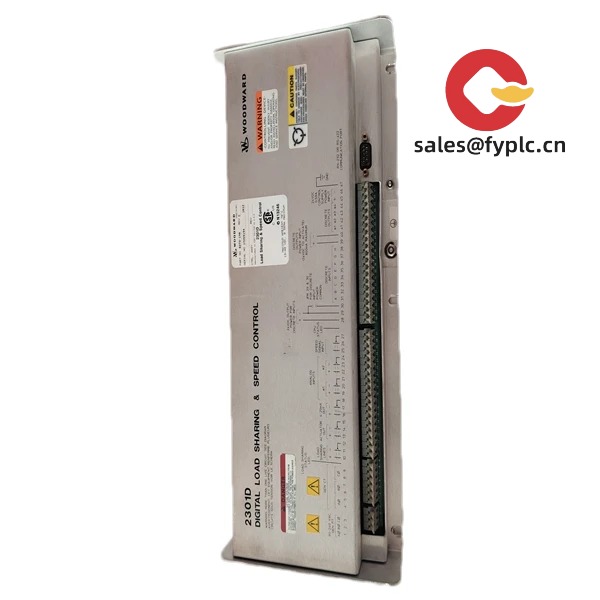
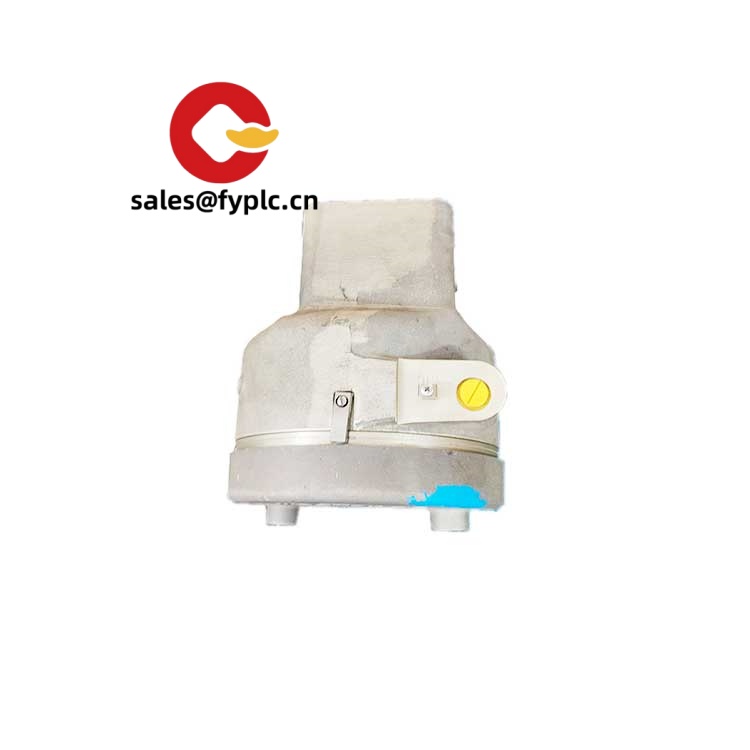
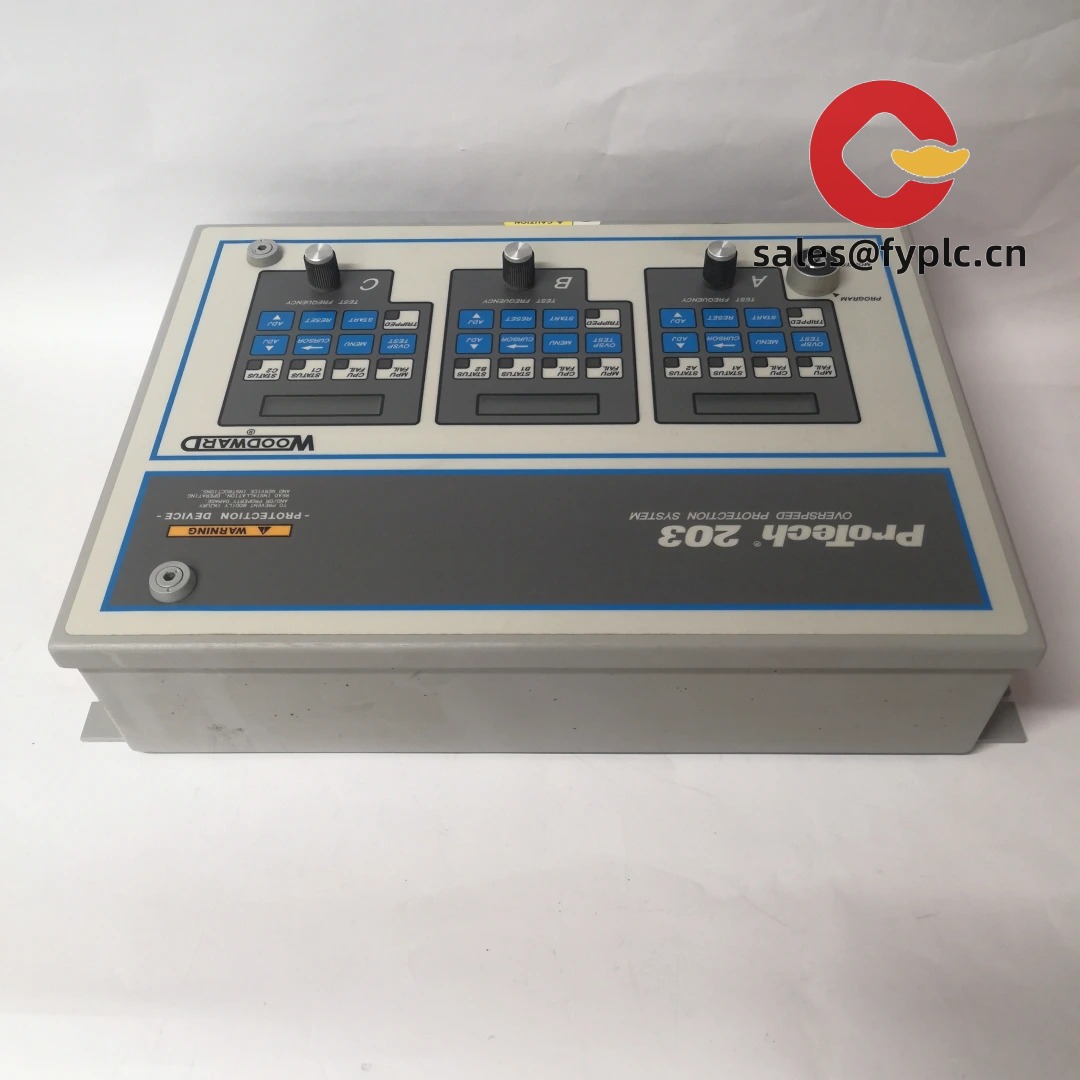
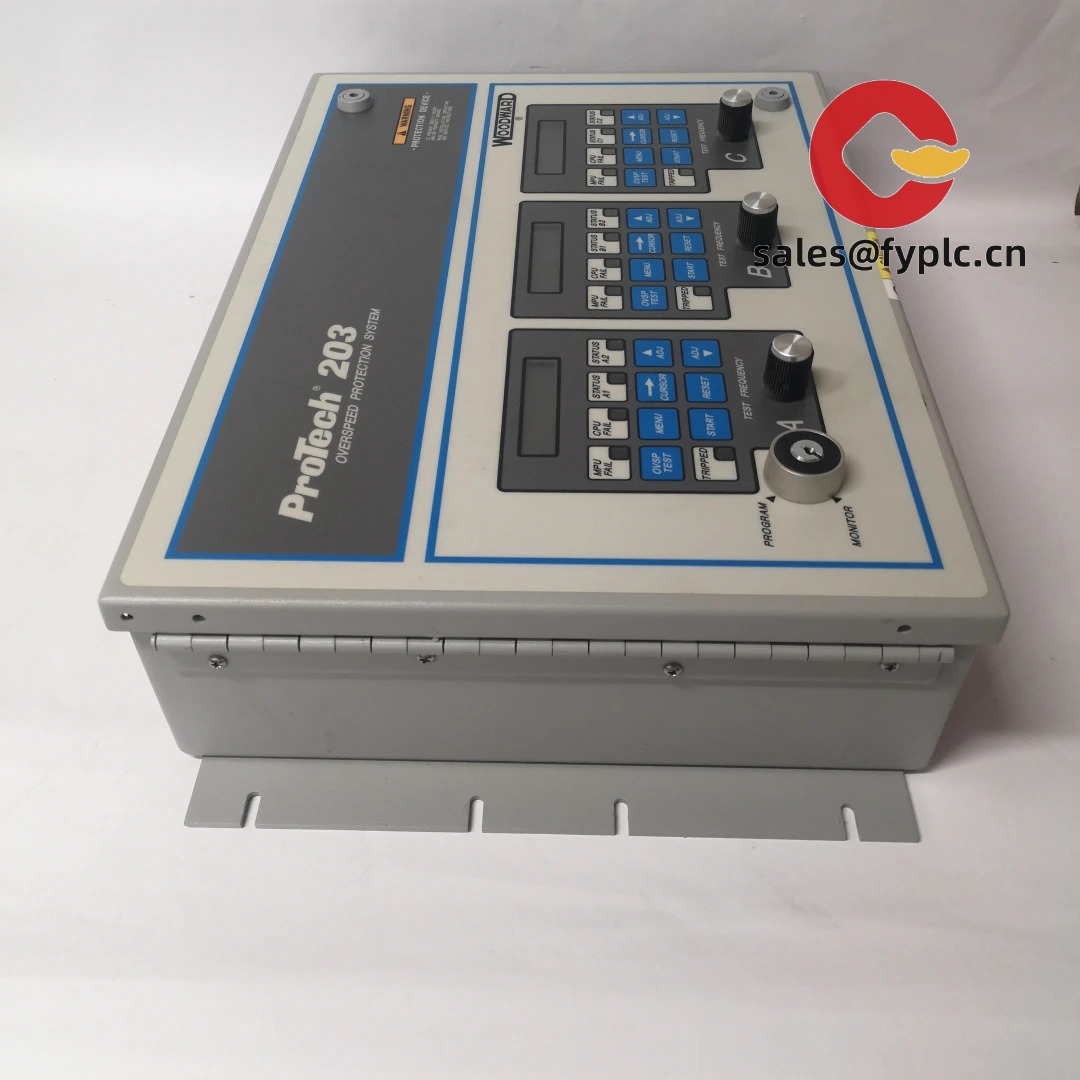


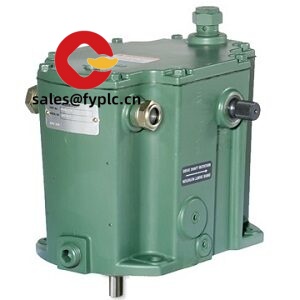
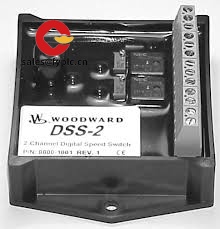
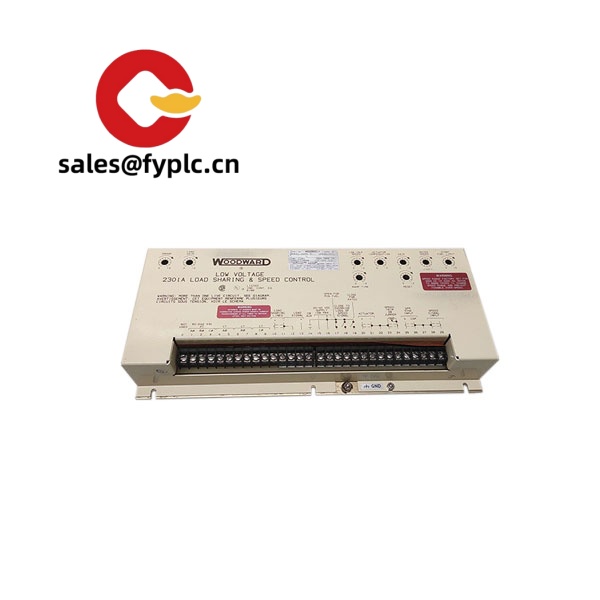
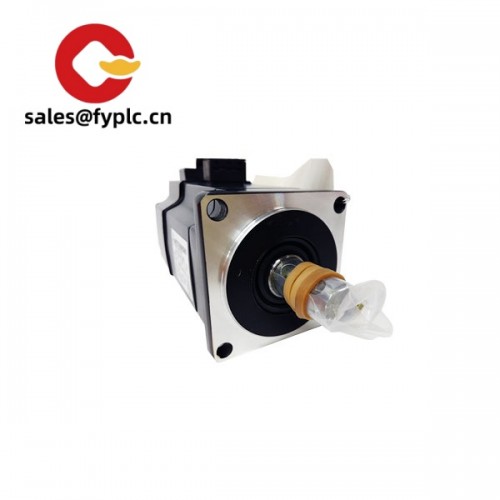
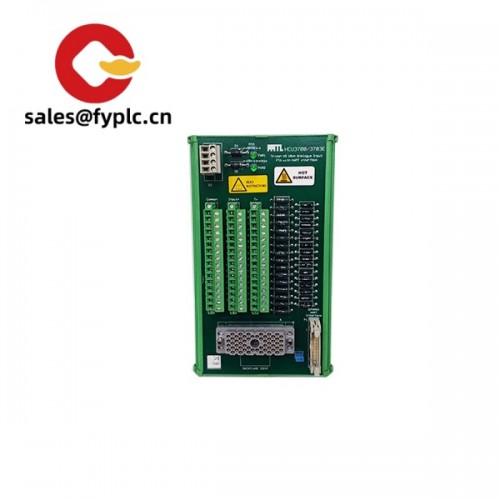
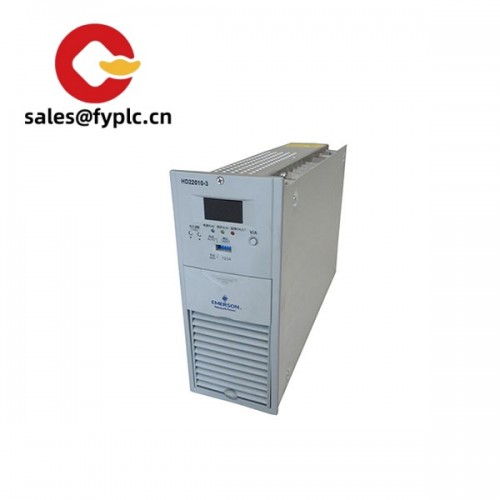

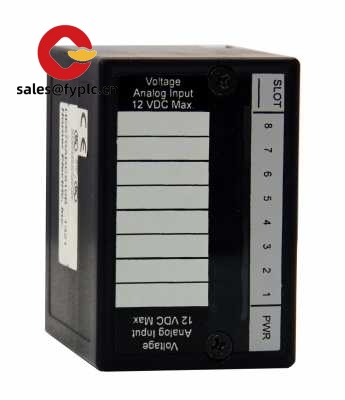


Reviews
There are no reviews yet.